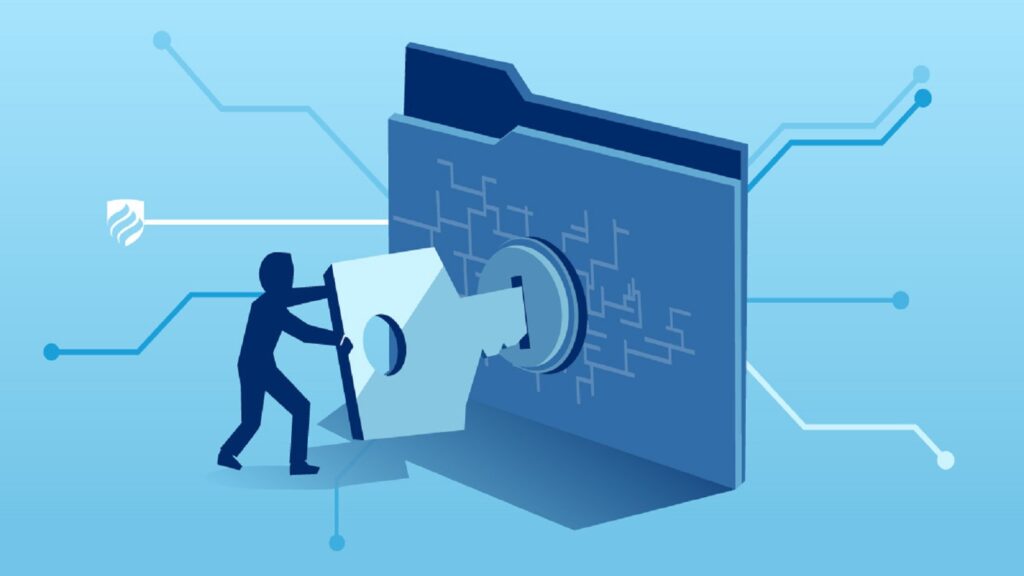Health Care Breaches: Safeguarding Patient Confidentiality in a Digital Age
In the healthcare industry, where trust and confidentiality are paramount, the rise of digitalization has brought both immense benefits and unprecedented risks. As patients’ personal health information migrates to electronic health records (EHRs) and telemedicine platforms, the threat of data breaches looms more significant than ever. According to a recent report by Security Agency, 80% of healthcare organization’s data was exposed in hacking attempts.
Hence, they increasingly become prime targets for cyberattacks, exposing sensitive patient data to malicious actors. We will delve into the alarming reality of data breaches in health care, exploring their potential ramifications, analyzing the underlying vulnerabilities, and discussing the strategies healthcare providers must adopt to safeguard patient confidentiality in an era dominated by advanced cyber threats.
Understanding Data Breaches in Health Care
The healthcare industry’s digital transformation has revolutionized patient care, facilitating efficient diagnosis and treatment. However, this shift has also given rise to a new breed of cyber adversaries who prey on the sensitive data stored within healthcare systems. From ransomware attacks to sophisticated phishing schemes, healthcare data breaches pose severe consequences for patients’ and medical institutions’ reputations and financial stability. This section highlights the growing scale and sophistication of healthcare data breaches, emphasizing the need for robust cybersecurity measures to protect patients’ privacy and well-being.
Uncovering the Weaknesses in Health Care Security
For healthcare providers, the battle against data breaches is often compounded by the complexities of managing vast amounts of patient data across multiple systems and devices. Common vulnerabilities include malicious actors exploiting to breach healthcare networks, inadequate security protocols, outdated software, and human error. Additionally, the risks associated with third-party vendors and medical devices connected to the Internet of Medical Things (IoMT). Identifying and understanding these weaknesses is vital in formulating effective cybersecurity strategies that fortify the healthcare industry’s defenses.

Impacts of Health Care Data Breaches on Patients and Providers
Healthcare data breaches have profound impacts on both patients and providers. Patients face risks of identity theft, financial fraud, and compromised medical privacy, leading to distrust in healthcare systems. The Tricare data breach provides insights into how 5 million patients were affected because data encryption methods did not align with federal standards. Providers suffered reputational damage, financial losses, and legal ramifications, impacting their ability to deliver quality care. As the healthcare sector increasingly relies on digital technologies, safeguarding patient data becomes imperative to maintain trust and ensure ethical practice, as seen in the recent Equifax breach.
Safeguarding Patient Confidentiality and Mitigating Data Breaches
As healthcare providers strive to navigate the cybersecurity landscape, proactive measures are essential to protect patient confidentiality effectively. A multi-layered approach to cybersecurity encompasses robust encryption protocols, continuous monitoring, employee training, and incident response plans. We also emphasize the significance of cultivating a culture of cybersecurity awareness among healthcare professionals, enabling them to identify and report potential threats promptly.
Wrapping Up
The digitization of health care has revolutionized patient care, but it has also exposed the industry to unprecedented cybersecurity risks. Data breaches in healthcare compromise sensitive patient information and erode patients’ trust in healthcare providers. As the healthcare industry continues to evolve, prioritizing data security is not merely a legal obligation but a moral imperative to uphold patient trust and ensure the integrity of healthcare services. Let us unite in pursuing patient privacy, recognizing that a secure digital future is the foundation for a healthier and safer world. For more insightful blogs, visit auxin.io






